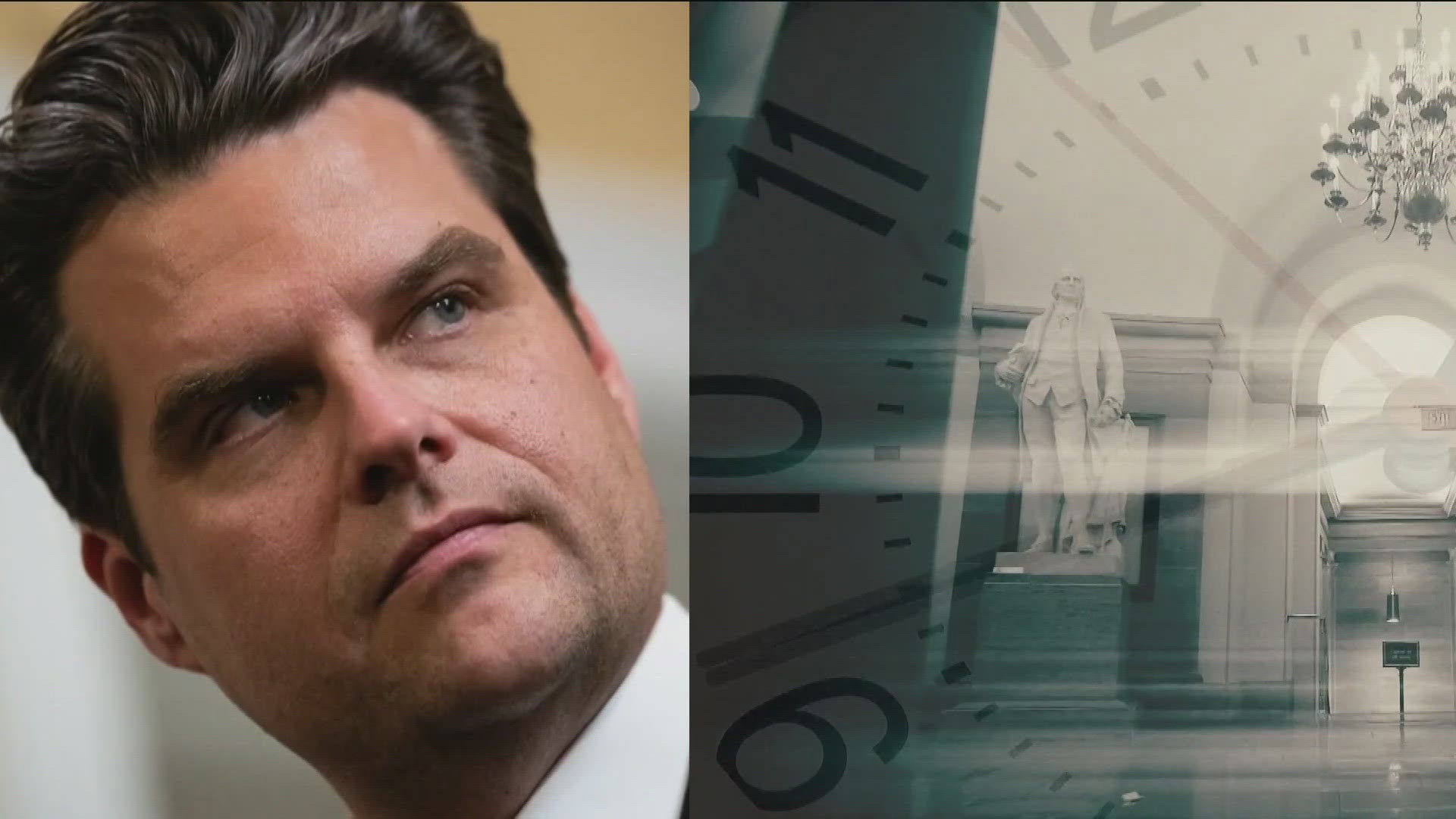MINNESOTA, USA — A handful of new laws are scheduled to go into effect in Minnesota on Jan. 1 — the highlights, seemingly centered around a theme of transparency.
Whether it's workers' pay, fair prices for concert tickets or your rights as a renter, check out what's coming to Minnesota and how each piece of legislation will affect you.
Consumer protections
Online ticket sales
Were you part of the Great Taylor Swift-Ticketmaster Debacle of 2022? Following an epic Eras Tour ticket meltdown, legislators took it upon themselves to introduce new protections for online ticket buyers, which are covered under the Ticketing Fairness Act.
They include:
- requiring “all-in pricing” to ensure ticket buyers know the total cost of a ticket upfront;
- ensuring ticket purchasers receive proof of purchase and refund policy details within 24 hours;
- banning deceptive advertising;
- banning speculative pricing; and
- requiring an online ticket marketplace to disclose on its website that it is a ticket reseller.
Further, the law states that if a reseller uses a "bot" or other technology to hoard tickets, the Department of Commerce will now have the power to demand the reseller disclose how it was able to accomplish the deception.
The state said that information could then be shared with the attorney general’s office for possible prosecution.
Junk fees
As of Jan. 1, both individuals and businesses will not be allowed to advertise, display or offer a price for goods or services that does not include all mandatory fees or surcharges.
This is especially critical for online sales, as mentioned above, whereas the law states, "When a consumer views and selects either a vendor or items for purchase, a delivery platform must, prior to checkout, display in a clear and conspicuous manner that an additional flat fee or percentage will be charged."
Government-imposed taxes, such as sales taxes, are not subject to the mandated disclosure requirements.
Other exemptions include:
- fees authorized by law related to the purchase or lease of a motor vehicle that are charged by a motor vehicle dealer;
- fees added by a business or the business’ affiliate where either the business or the affiliate is regulated by the Minnesota Public Utilities Commission;
- fees, surcharges, or other costs associated with real estate settlement services, except for real estate broker commissions and fees.
Employment
Pay/salary
If you've applied for a job recently, you may have been frustrated by the lack of insight into its attached salary range.
But starting in January, prospective workers will no longer be kept in the dark about pay. Starting Jan. 1, Minnesota employers are required to disclose starting salary ranges or fixed pay rates — as well as benefits and other compensation — in each new job posting.
Additionally, the state's minimum wage will be adjusted for inflation, raising it from $10.85 for large employers and $8.85 for small employers, to $11.13 per hour across the board.
The new law states: "Minnesota’s minimum wage law was revised to eliminate the reduced minimum wages applicable for small employers (defined as annual gross revenues less than $500,000), youth under the age of 18 and J-1 visa workers."
Exemptions for the new minimum wage rule include places like in Minneapolis and St. Paul, where each city has imposed its own laws regarding minimum wage and compensation.
For more information about changes coming to employment in Minnesota, click here.
Housing
Renter's rights
Starting in the new year, renters will be afforded new protections regarding shared utility billing, in which Minnesota's cold weather rule will be applied.
The rule protects residential utility customers from having their electricity or natural gas shut off between October and April and gives the Public Utilities Commission the power to intervene when tenants and landlords are unable to settle related disputes.
The provision also allows tenants to organize for improved living conditions and prohibits landlords from taking retaliatory actions if a renter reports a code violation to a government entity, seeks assistance from a community organizer, contacts the media and/or testify in any court or an administrative proceeding concerning the condition of the premises.
For more on your rights as a renter in 2025, click here.
Gun control
Binary triggers
Guns with "binary triggers" will be prohibited starting Jan. 1.
With a binary trigger, firearms can shoot one shot with the first pull of a trigger, while a second can be shot on the trigger's release.
For more on recent gun control measures, click here.
To see the full list of laws going into effect in the new year, visit the Minnesota Legislature's website.



